Introducing Stefan Mohr
Meet the man with the magic music trunk
The man with the magic music trunk

Stefan Mohr & TEC
»Bill Evans? Mind extension through piano – just try it out.«
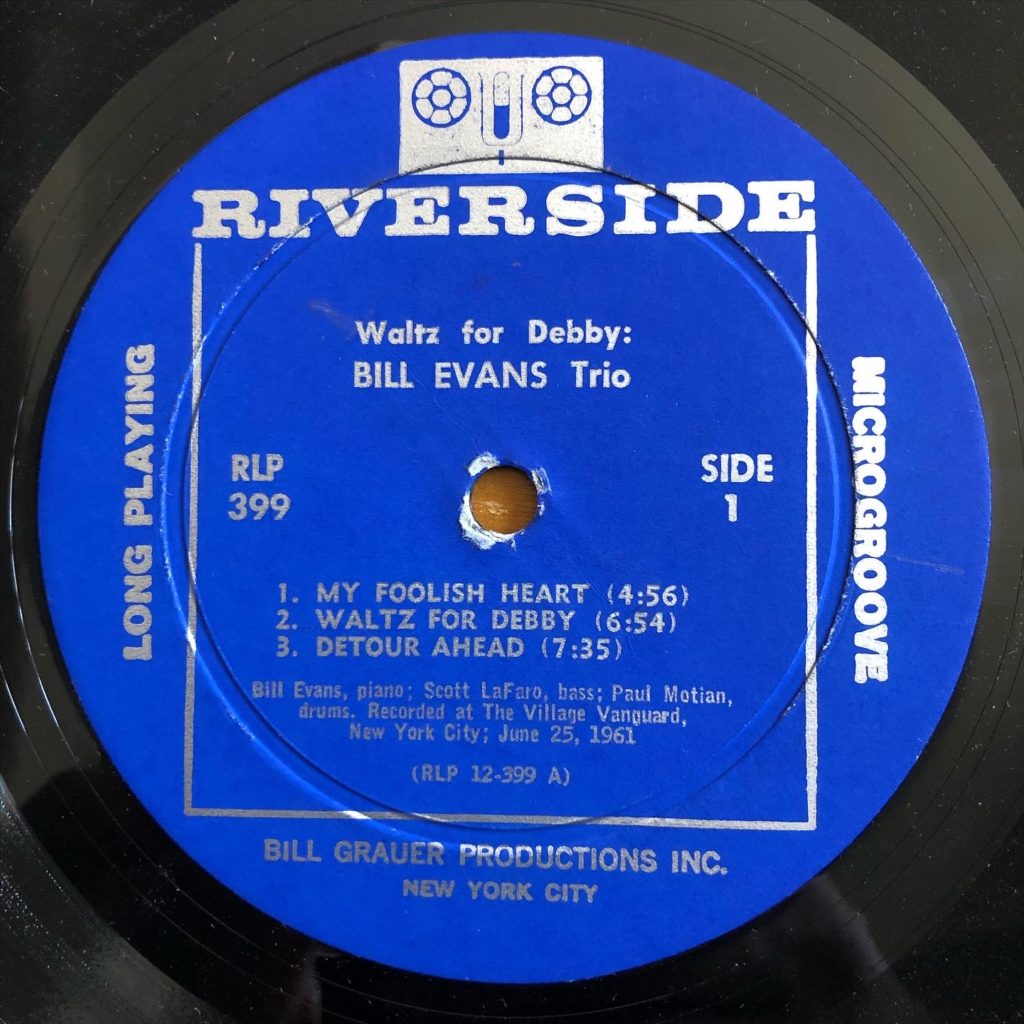
When did it all start with your passion for music?
At home, music was always an important part of everyday life. My father played the guitar, we also liked to turn up the volume in the house, and from a very early age I listened to the Beatles, Spanish flamenco or JJ Cale.
When I was ten or eleven, I heard the first programs on the radio that dealt with music outside the mainstream. There were very dedicated radio people who played modern stuff that I had never heard in my family. Punk and New Wave from England, but especially the very new German electronic music. That fascinated me so much, I got into it, dug deep and never came out.
What was the first record (single or LP) you bought with your own money?
My first self-bought record was Fade to Grey by Visage, which was played on the radio and also on TV. Totally ubercool, melancholic synthesizer sound, with a very strong visual image. New Romantic – just the thing for a still very young boy to explore his image of the world.
Fascinating was that this sounded completely different from the then world of guitars, Schlager and Disco-Pop, so a little challenge to at least my domestic mainstream, at the same time also came along completely hedonistic, super produced and shiny. Fantastic music, I still hear this track with a glow in the ears.
‚Last year, my collection exceeded the 3,000 record mark.
Of course, I think that’s way too little!
When you were young, you met Felix Kubin, who became a renowned artist and experimental musician, and formed a band with him. How did that come about and what kind of music did you make?
The music I liked became increasingly special and underground. Nobody in my school shared my enthusiasm. Except for Felix! Somehow, even at long distances, people recognize each other by their interests and find each other. Punk as a concept was still present and the principle ‘anyone can start a band’ was simply put into practice.
Felix already had a synthesizer, we started right away, improvising with instruments, lyrics, tapes and playing a very hectic form of electronic minimal wave. Quick, choppy, nervous tracks with German lyrics, inspired by acts like Andy Giorbino, DAF, Holger Hiller or Liaisons Dangereuses.
Do you still make electronic music today?
Two years ago I started experimenting a bit again. I’m working intensively with modular synthesizers, building my own system and also regularly creating sound sketches while learning this very complex, unbelievably eclectic instrument. But this is far from ‘making music’ and is more like playing with an electric train in the hobby cellar. But it’s very relaxing!
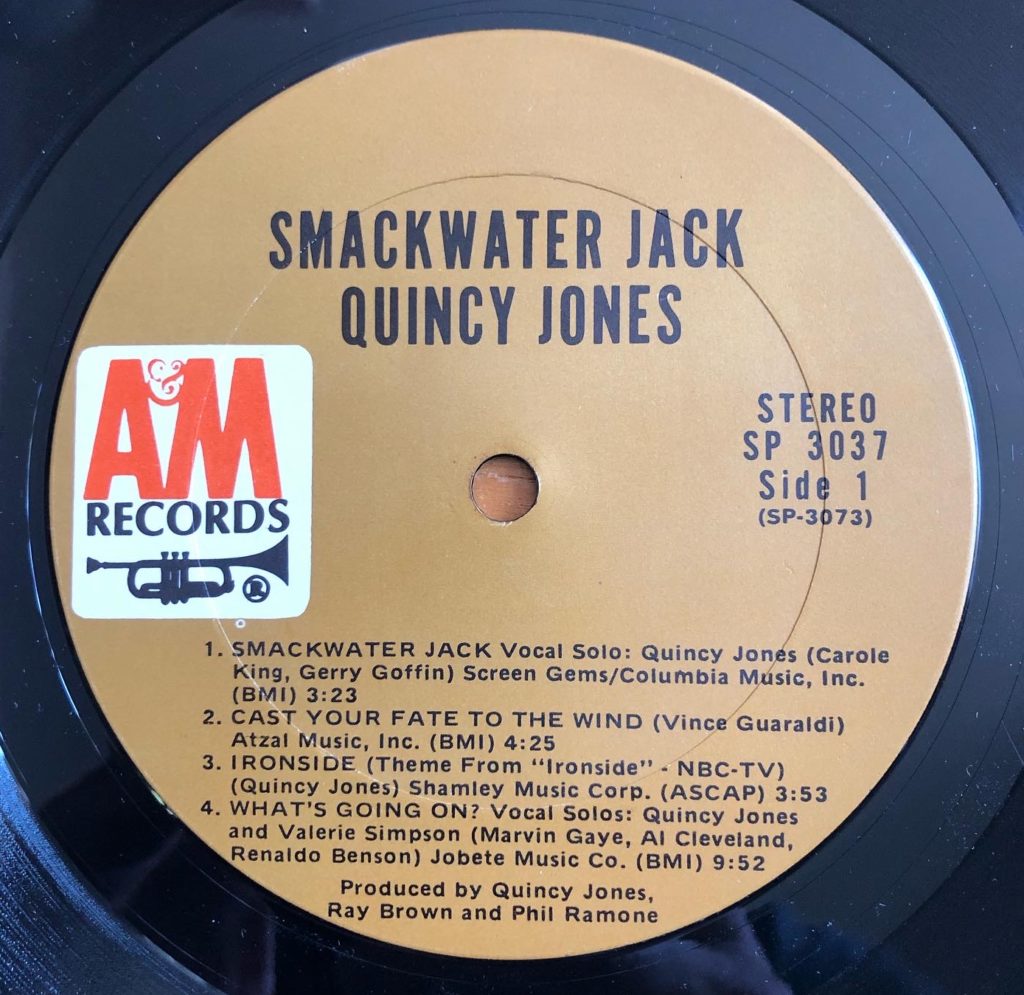
Although your TEC-column focus on amazing and rare jazz (soul-funk-blues) albums, you find and adore gems in every genre, don’t you?
Every genre has cultural depths somewhere that make it interesting. To find the pearls in very niche corners of the music universe, you have to invest time, get involved, otherwise you’re just scratching the surface. I think that’s the case with everything, that at first glance ‘everything sounds the same’. Just take the plunge, dive in, learn – and then reap the rewards in the form of connoisseurship. Music is culture, the engagement with it always brings something.
Did you discover the different genres one after the other or how did it develop?
I don’t have a master plan, happily! For many things I had initial triggers, often in nightclubs: I first experienced electronic repetitive dance music in Hamburg’s Front, Germany’s first house club. In tiny former red-light establishments like the Baton Rouge or the Soulkitchen, Rare Groove was playing, Hip Hop at the Tempelhof, Acid Jazz at the legendary Mojo Club, all around the Reeperbahn.
I also heard Jungle/Drum’n’Bass for the first time at Mojo, complicated Electronica at Golden Pudel, Dubstep at Berghain in Berlin. And of course I actually inform myself daily with the help of media: the internet already helps a lot, with formats like NTS, Soundcloud or Boiler Room, but also Discogs in search of labels, artists, contexts. But I would especially like to recommend THE WIRE to everyone, an English publication that has been dealing with rarely heard music for almost 40 years. The best journalism with the highest standards, each issue is enthusiastic about the most diverse musical mysteries. If you don’t find anything there, you don’t like music.
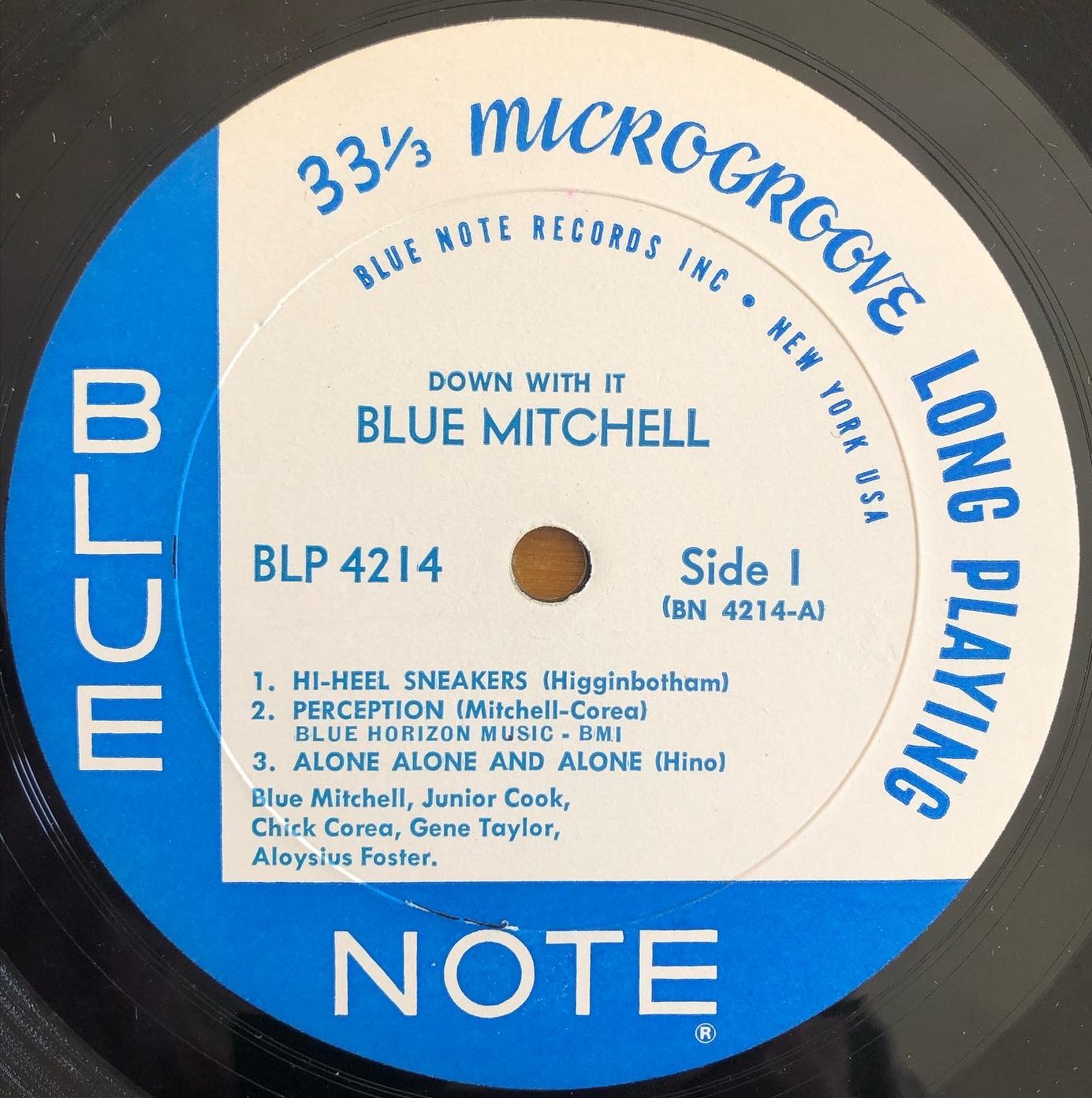
Your expertise and in-depth-knowledge is on a mind-blowing level. When did you start to delve so deeply into the subject matter?
That was more than 25 years ago. Whenever the hunter&collector instinct takes hold of me, it automatically kicks in: to find the right, good records, information is everything. Artists, labels, producers, who was influential, which session musicians made for a certain sound, on which label were the most important releases, and so on. In jazz, the liner notes by music journalists or radio DJs that often fill an entire back cover are especially helpful. Here, cross-connections are explained, the pieces played are classified, currents are explained, guidance is given, and anecdotes are woven in. Without the Internet, this was one of the ways to get information and dig until you strike gold.
How many records do you own? Is your collection mainly about rare first issues/pressings?
I collect originals, not imperatively always the very first certified first pressings, but definitely no late repressings either. I also buy vinyl from living artists to counteract the destruction of the music industry through industrialized streaming. It all comes at a price, so I don’t need external storage for my vinyl treasures yet. Last year, my collection exceeded the 3,000 record mark – of course, I think that’s way too little!
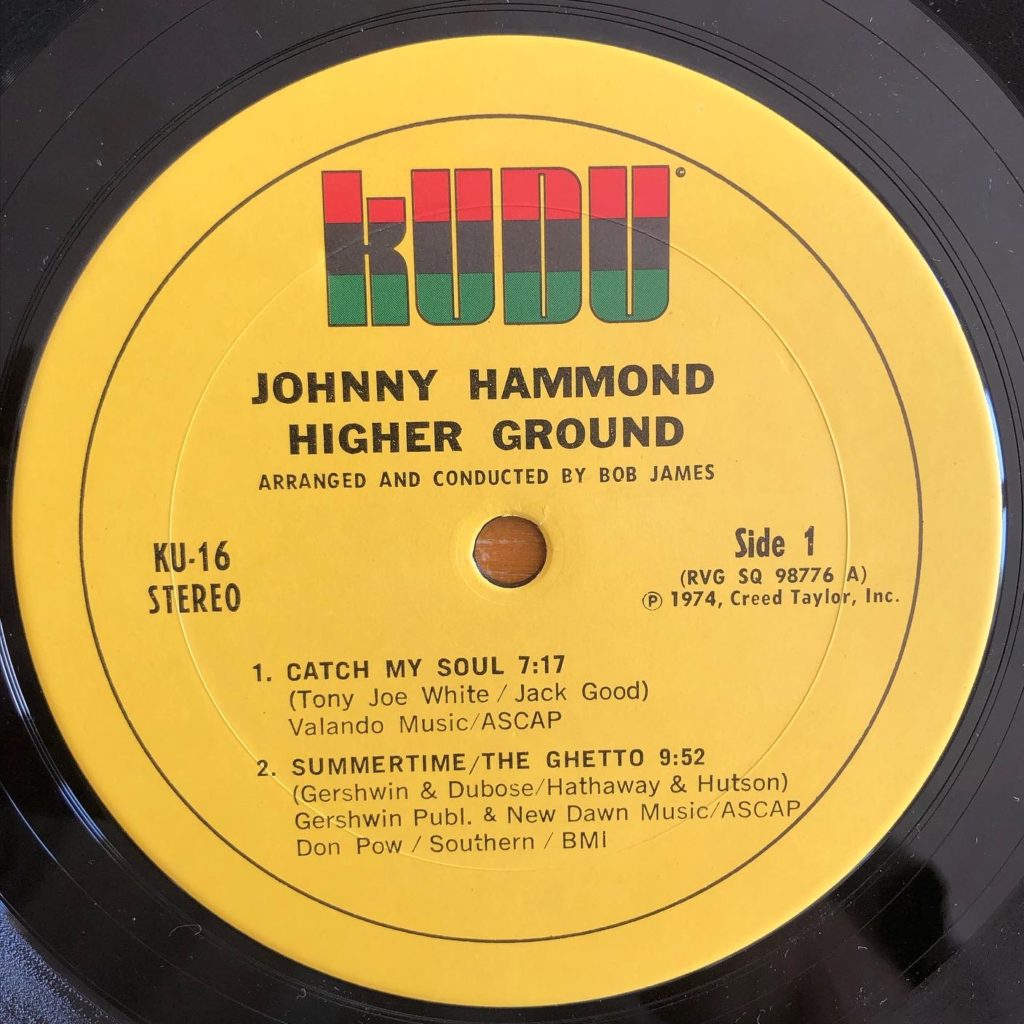
Which record player/sound system is the one of your choice?
A few years ago, I got into high-end audio – also a real hidden science in which you can invest a lot of time and, above all, money. I gave way to the records and chose a solid, but not irrational entry-level system: My turntable is from the legendary manufacturer Transrotor, the tube amplifier is from the German special factory Octave and the speakers are from the Danish sound specialist Dali.
I think the system can handle the very diverse music styles well, but of course it also reaches its limits now and then. I can’t use it to fill a party with sound, for example.
You also have at least as much enthusiasm for fashion. Who are your favourite designers and brands?
For me, fashion is culture in its purest form, just like music. And when I grew up, the two were unmistakably connected: You could tell from your clothes which music you listened to and which tribe you wanted to belong to. You could change that at any time and create a new identity just by your personal style. This cultural force fascinated me very early on, and my preference for the more avant-garde movements in culture, art, and music quickly landed me in fashion as well, where the mainstream likes to rub its eyes.
I’ve been wearing fashion by Japanese designers for decades, and am especially big fan of Comme des Garçons and labels like Julius or The Viridi-Anne. I’ve also been a devoted disciple of Rick Owens for about ten years now, not only finding his dark Californian Gothic aesthetic utterly delightful, but also thrilled by his sartorial house’s unusual and confident management in the fashion industry.
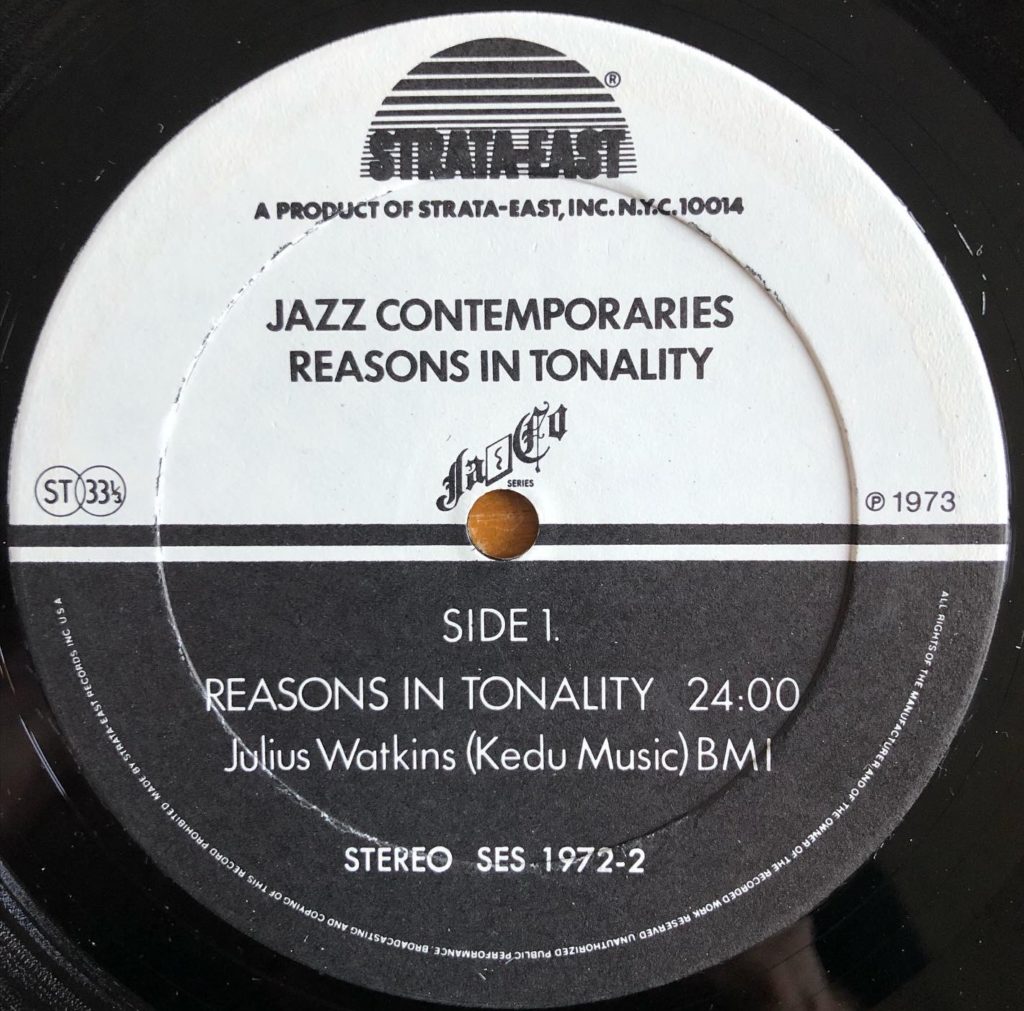
In your business life, you are COO at Argonauten, one of the leading agencies for digital transformation. Which album would you recommend to ease ones’ mind after a busy day?
Definitely anything by Bill Evans, especially his albums from the Riverside phase, late 50s, early 60s. The piano playing of Mr. Evans is not only incomparable, absolutely marvelous and of extraordinary technical finesse, but also helps to subliminally and unconsciously improve one’s humanity. Mind extension through piano – just try it out, e.g. with the live recording ‘Waltz for Debby’ from 1961.
Cannonball Adderley once said: “Hipness is not a state of mind, it’s a fact of life.” Would you agree?
By all means and in all cases, yes.
Thank you, Stefan, for the key to your magic trunk!


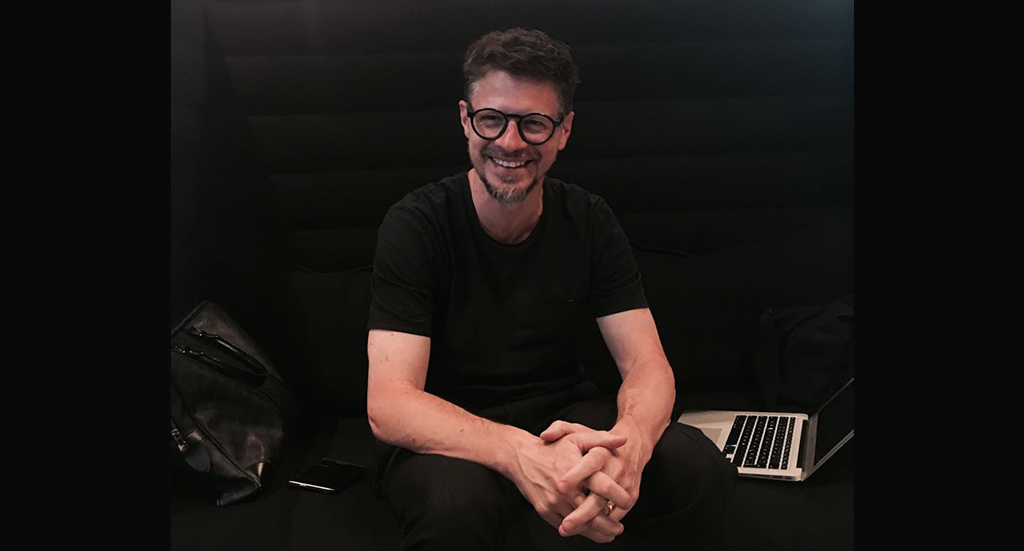


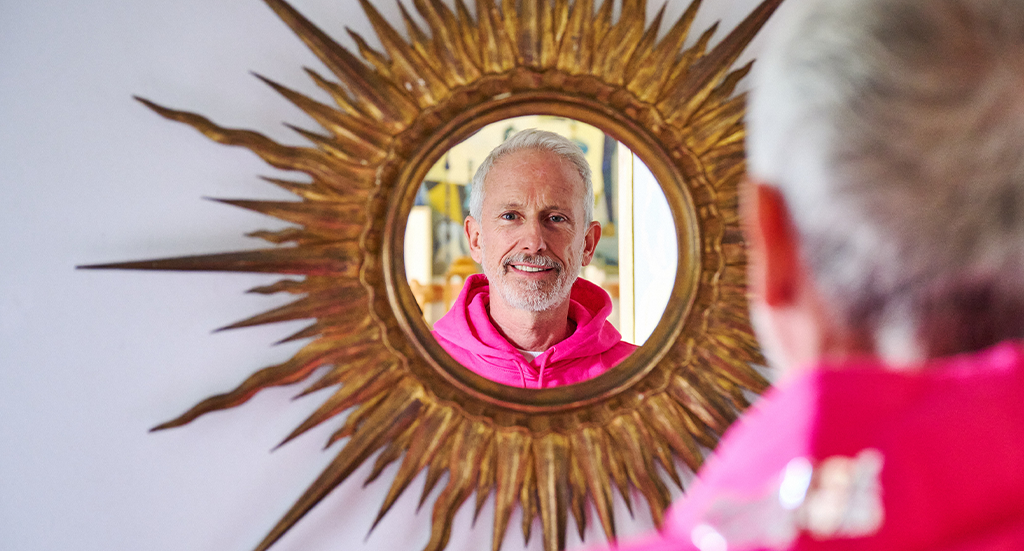
Join our Community